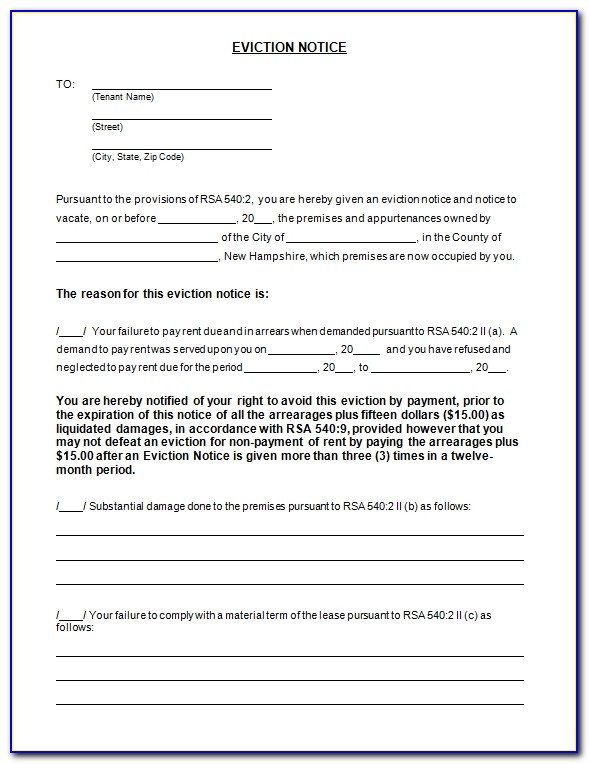

Before a default judgment is entered, the defendant must be properly served notice of the pending action. It is entered upon the failure of the party to appear or to plead at an appropriate time. Consent judgments are generally rendered in domestic relations cases after the Husband and Wife agree to a property and support settlement in a Divorce.Ī default judgment results from the named defendant's failure to appear in court or from one party's failure to take appropriate procedural steps. It is examined and evaluated by the court, and, if sanctioned by the court, is ordered to be recorded as a binding judgment. A court may enter a judgment notwithstanding the verdict, thereby overruling the jury verdict, if the court believes there was insufficient evidence to justify the jury's decision.Ī consent judgment, or agreed judgment, is a final decision that is entered on agreement of the litigants.

A court determines whether to grant summary judgment.Ī Judgment Notwithstanding the Verdict is a judgment in favor of one party despite a verdict in favor of the opposing litigant. A motion for summary judgment can be directed toward the entire claim or defense or toward any portion of the claim or defense. Under Rule 56 of the Federal Rules of Civil Procedure and analogous state rules, any party may make a motion for a summary judgment on a claim, counterclaim, or cross-claim when he or she believes that there is no genuine issue of material fact and that he or she is entitled to prevail as a Matter of Law. This doctrine establishes the principle that an issue that is judicially decided is decided once and for all.Ī Summary Judgment may occur very early in the process of a lawsuit. A party that receives a judgment on the merits is barred from relitigating the same issue by the doctrine of Res Judicata. A party whose case is dismissed without prejudice can bring the suit again as long as the procedural errors are corrected. For example, in a Negligence lawsuit that is tried to a jury, the final decision will result in a judgment on the merits.Ī judgment based solely on a procedural error is a dismissal Without Prejudice and generally will not be considered a judgment on the merits. A judgment on the merits is a decision arrived at after the facts have been presented and the court has reached a final determination of which party is correct. State rules of civil procedure also permit amendment of a judgment.ĭifferent types of judgments are made, based on the process the court uses to make the final decision. The Federal Rules of Civil Procedure allow a judgment to be amended by a motion served within ten days after the judgment is entered. However, persons who were not parties to the action cannot be brought into the lawsuit by an amended judgment. Omissions, erroneous inclusions, and descriptions are correctable. Though the means of storing the information are different, the basic process remains the same.Ī court may amend its judgment to correct inaccuracies or ambiguities that might cause its actual intent to be misconstrued. Most courts now record their judgments electronically and maintain computer docketing and index information. An index of judgments was prepared by the court administrator for record keeping and notification purposes. Prior to modern computer databases, judgments were entered in a docket book, in alphabetic order, so that interested outsiders could have official notice of them. Once a court makes a judgment, it must be dated and docketed with the court administrator's office. Judgments affecting real property must contain an explicit description of the realty so that the land can easily be identified. Monetary judgments must be definite, specified with certainty, and expressed in words rather than figures. It must specifically indicate the parties for and against whom it is given. The Federal Rules of Civil Procedure and most state rules of civil procedure allow appeals only from final judgments.Ī judgment must be in writing and must clearly show that all the issues have been adjudicated. A judgment also signifies the end of the court's jurisdiction in the case. Remedies may include money damages, injunctive relief, or both. It states who wins the case and what remedies the winner is awarded. A valid judgment resolves all the contested issues and terminates the lawsuit, since it is regarded as the court's official pronouncement of the law on the action that was pending before it. A decision by a court or other tribunal that resolves a controversy and determines the rights and obligations of the parties.Ī judgment is the final part of a court case.


 0 kommentar(er)
0 kommentar(er)
